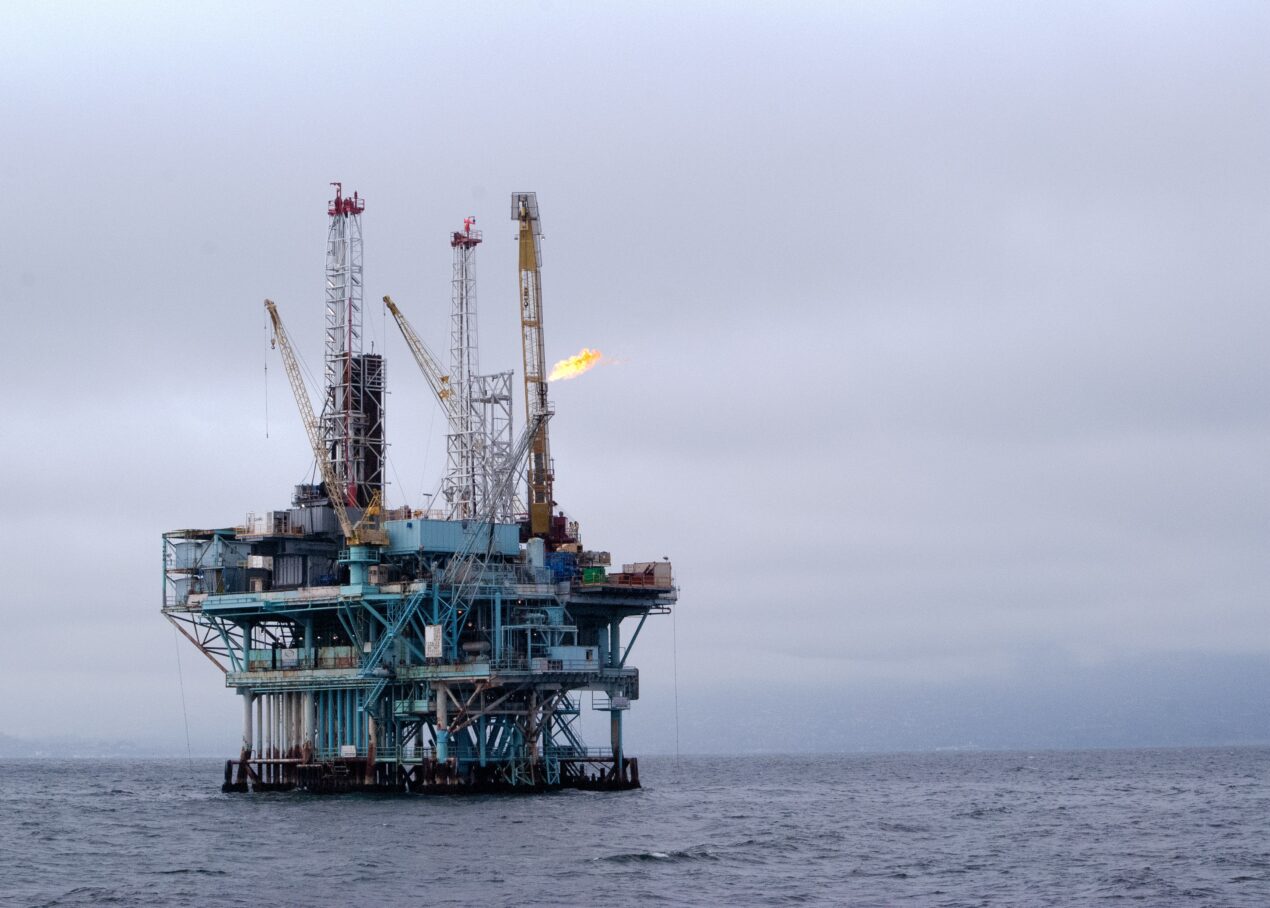The discovery in 2009 of the offshore Tamar Gas Reservoir and the Leviathan Gas Reservoir in 2010 were greeted with much euphoria and optimism in Israel. A new energy era was about to be born. Tamar alone would be capable of supplying all the needs of Israel’s domestic market for several decades.
Leviathan would create a vibrant and highly profitable export market and would also encourage substantial geopolitical and diplomatic gains for Israel. The Israeli Government would earn hundreds of billions of US Dollars in the form of taxes and royalties. Further, it was expected that the cost of gas to the Israeli public would drop substantially, thereby helping an Israeli public struggling under severe cost of living pressures. The majority owners of Tamar and Leviathan are Noble Energy of the USA and the Delek Group.
Enter the Antitrust Commissioner, David Gilo, onto the stage. About a year ago the Commissioner concluded a compromise deal with Noble Energy and the Delek Group in terms of which, inter alia, Noble and Delek would sell off two smaller Gas Reservoirs, Tanin and Karish, but would not be declared as a cartel, thereby continuing to own both Tamar and Leviathan. However, in December 2014 the Commissioner announced a controversial decision to ‘u-turn’ on the compromise deal, following strong opposition to the deal from certain Knesset Members and Social Activists in Israel.
As is often the case with any controversial issue in Israel, there are both vociferous supporters of the Commissioner’s recent decision as well as a number of opponents.
Supporting Arguments
- The previous compromise deal regarding the sell-off of smaller fields did not address the competition problem;
- The monopoly created by the Noble/Delek partnership would have a major negative effect on the cost of living in the medium to long term;
- Noble and Delek have too much control over such a valuable national asset;
- Demand for gas in Israel has been lower than forecasted. Consequently, any delays in the production at Leviathan would not be catastrophic.
The Opposing Arguments
- Noble and Delek have invested large sums in Tamar and Leviathan;
- Israel’s reputation would be damaged by the inconsistent positions of the regulator;
- Potential supply agreements with countries such as Jordan, Egypt and Turkey ( as well as the Palestinian Authority) could be put under threat;
- It is not easy to find alternative developers as companies may not want to invest in Israel region.
- It simply may not be possible to create genuine competition as there are neither enough suppliers or buyers (the principal buyer of gas in Israel is the IEC).
- Substantial loss of tax income and royalties for Israel;
- The sale of Leviathan does not guarantee lower domestic prices for gas.
- Expected legal action could cause significant delays in production.
In our view, the anti-trust commissioner has got it right. He may not make many friends among the current license holders. But Israel has long suffered from a situation where too much economic power is concentrated in the hands of too few entities. We think that this was a brave decision which ultimately will benefit the public.
Whether or not a sell off will actually achieve its objectives (eg.more competition, lower domestic prices) is not guaranteed. The Anti-trust commissioner will need to remain fully engaged and ready to take some difficult decisions if he decides ultimately to implement the sell-off.


